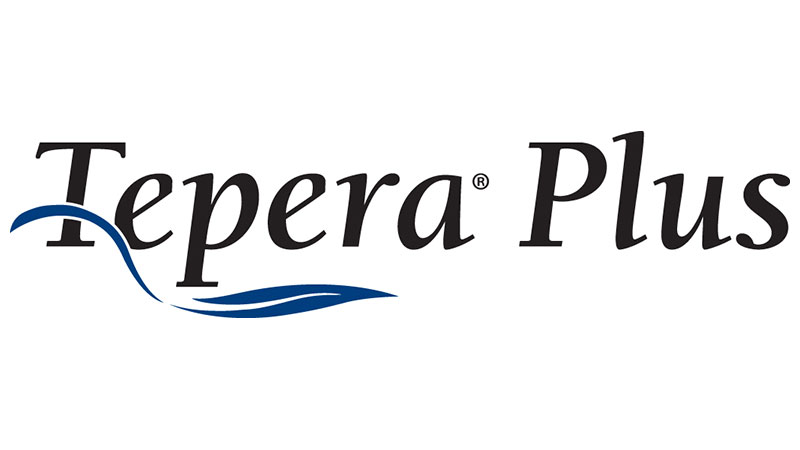Soil Testing, Recordkeeping Among Key Components of a Nutrient Management Plan
A nutrient management plan on a farm is necessary for many governmental programs, but following the plan and doing soil tests can help save money, writes Lucas Bechtol at The Bryan Times.
During the Williams Soil and Water Conservation District’s Field Technology Day last week, many experts spoke about how a nutrient management plan can help on the farm. Kip Studer, nutrient management specialist at the Ohio Department of Agriculture, said the idea of a nutrient management plan is to help the environment while not hurting yields.
They are a required aspect of the H2Ohio Program, which has the purpose of improving water quality in the state and especially Lake Erie. Plans have to follow the Ohio Revised Code (ORC), which requires it to follow the Ohio nutrient management workbook, U.S. Department of Agriculture natural resources conservation service comprehensive nutrient management plan (CNMP), or an equivalent document approved by the chief or the chief’s designee.
Studer said CNMP usually involves working with livestock producers and managing manure. Meanwhile, the Ohio workbook, put together by Ohio State University around 2016, is focused on small acreages.
“What we’re focused on with nutrient management plans are soil tests four years or newer. We want all the nutrients you’re utilizing on that farm — whether its manure, commercial fertilizer, biosolids, compost, etc. — it has to be in that plan,” he said. “We want to know what your yield goals are, what your rotation is and where you’re spreading those nutrients on your farm. That’s a basic nutrient management plan.”
Record keeping is an important part of having a management plan as farmers need to prove they are in “substantial compliance” with the plan in order to benefit from state programs. While anyone can write a nutrient management plan, Studer recommended going through agriculture retailers, certified crop advisors (CCAs), or an agronomist.





